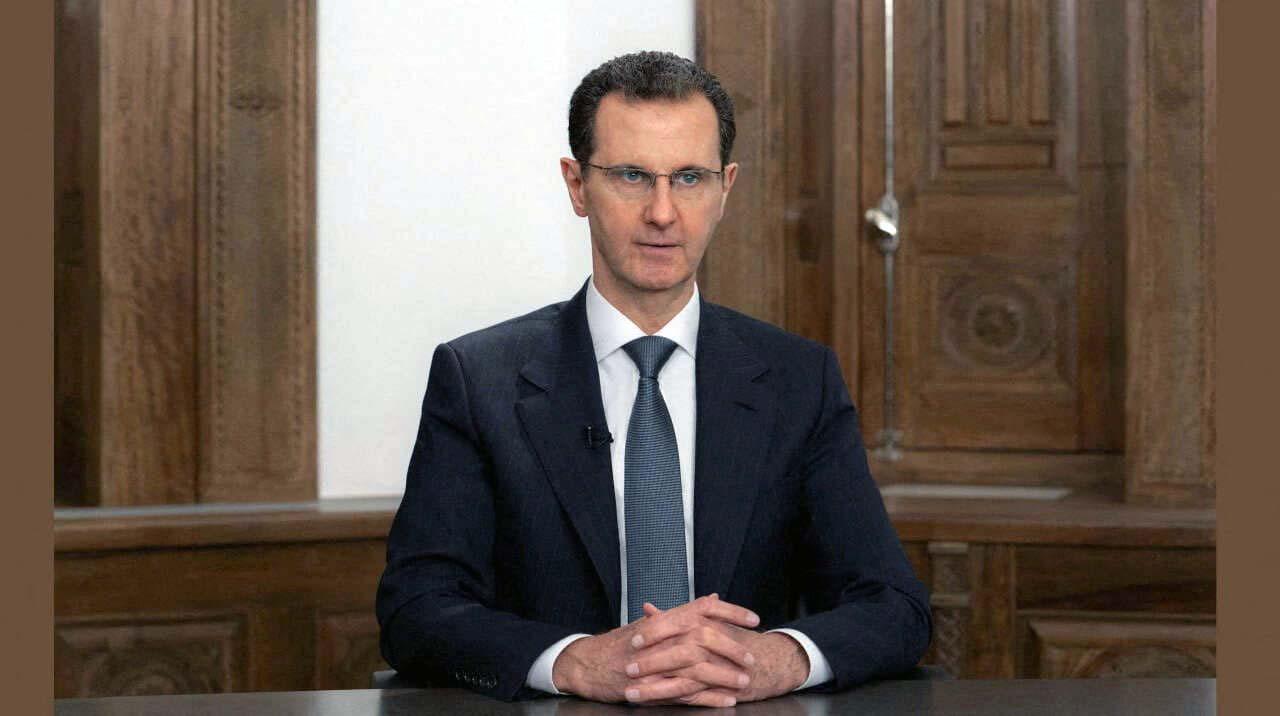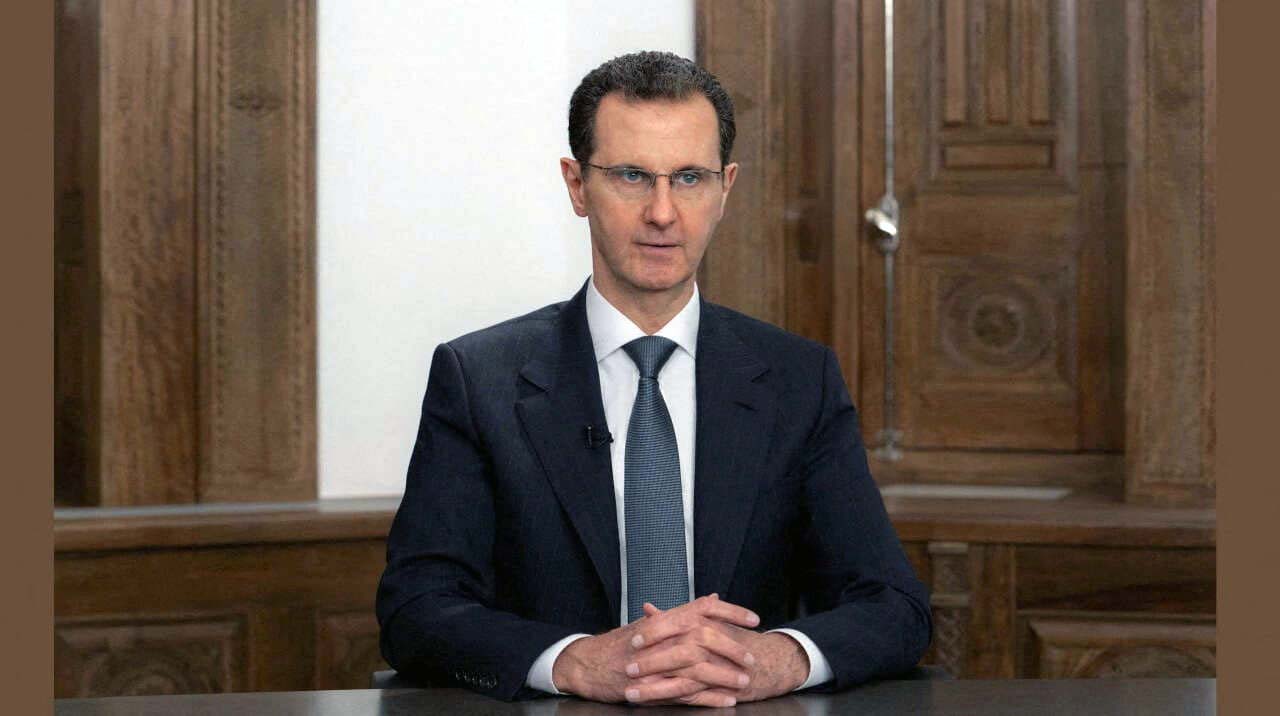Syria’s comeback to the Arab fold
Recently, the President of Syria, Bashar al-Assad, received a warm reception from Sheikh Mohamed bin Zayed Al Nahyan, the President of the UAE. This visit holds tremendous implications and endless possibilities for significant Arab transformations.
Sheikh Mohamed bin Zayed Al Nahyan announced on Twitter that fruitful and constructive discussions were conducted to strengthen and develop cordial relations between the two nations and their people. He also expressed his belief that Syria’s prolonged absence from its Arab surroundings has been too lengthy, and it is high time for it to reintegrate into the fold.
The visit marks an essential continuation of the UAE’s proactive role in supporting Syria and its people.
The wise UAE leadership has been steadfastly working towards bringing Syria back to its Arab roots, recognizing the importance of this step in expediting the process of reconstruction in Syria and settling the crisis that has been neglected by the world, especially with the major powers’ unwavering attention on the war in Ukraine.
Syria’s situation is one of the foremost and critical Arab concerns from a strategic standpoint. Syria’s strategic significance, coupled with the deteriorating crisis that has transformed millions of Syrians into refugees in Turkey and other nations, makes it a top priority.
Therefore, Syria appears to require immediate support from its Arab brethren, as well as the collective efforts of all stakeholders to advance a resolution of the Syrian crisis through various means, including security, military, political, economic, and humanitarian measures.
This is especially important following the earthquake calamity that exacerbated the suffering of the Syrian people, underlining the necessity of standing in solidarity with Syria during this humanitarian ordeal.
President Bashar al-Assad’s visit to the UAE, his second since the onset of the Syrian crisis in 2011, is a testament to the depth and specificity of the Emirati stance towards Syria since 2018. This position has been demonstrated through the coronavirus crisis and the frequent visits of Sheikh Abdullah bin Zayed Al Nahyan, Minister of Foreign Affairs and International Cooperation, to Syria.
The official Emirati reception of the Syrian president during his second visit carried significant implications that warrant further contemplation. The welcome was both official and exceptional, honoring Syria as a proud Arab country that has returned to the embrace of its Arab brethren.
It also conveyed an implicit message about the commencement of a new phase in Arab-Syrian relations, and the UAE’s official intention to make a qualitative leap in the Arab collective stance towards Syria and to contribute to the resolution of the Syrian crisis within the context of the UAE’s robust ties with all parties involved in the crisis regionally and internationally.
Additionally, the visit was accompanied by several indications of Arab receptiveness towards the return of Syria and the end of its isolation, as evidenced by the recent improvement in relations between Damascus and Riyadh, as well as Assad’s visit to Oman a month earlier. It is indisputable that there is an official Arab consensus on the imperative of reaching out to Syria.
The current situation, which has persisted since 2011, is arduous to maintain, not only due to the pressing need to provide assistance and relief to the Syrian people and facilitate the repatriation of millions of refugees to their homeland but also because there is a general amelioration in regional ties that renders it challenging to ostracize a pivotal Arab nation such as Syria.
Arab backing is urgently required to fortify Syria’s position in any attempts to resolve the crisis that has beleaguered the country since 2011.
The ongoing thaw in Arab-Turkish and Arab-Iranian relations, the two regional behemoths deeply implicated in the Syrian imbroglio, is bound to expedite the quest for solutions that safeguard Syria’s security, stability, sovereignty, and territorial integrity.
In this vein, various Arab initiatives are being floated to seek remedies to the crisis, besides significant solo endeavors undertaken by the UAE to buttress Syria during this predicament.
However, due to the intricacy of the situation on the ground, the involvement of multiple regional and international actors, and the presence of militias that need to be dealt with to revive the role of the Syrian state, devising swift solutions to the crisis in this Arab country constitutes an arduous undertaking.
It is an undeniable fact that the Syrian crisis is a complex issue that cannot be resolved easily in the near future. Nevertheless, the UAE’s concerted efforts are a step in the right direction towards expediting the search for solutions. The UAE firmly believes that all stakeholders need to join forces in order to de-escalate tensions and achieve security and stability in the region.
Salem AlKetbi, UAE political analyst and former Federal National Council candidate







